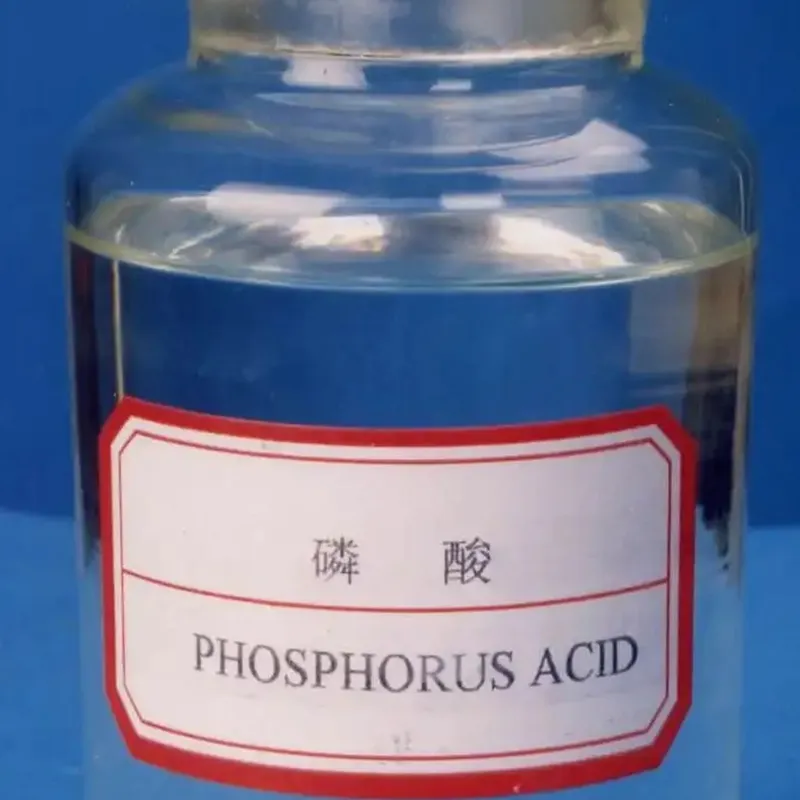
acrylonitrile butadiene rubber nbr
Understanding Acrylonitrile Butadiene Rubber (NBR) Properties, Applications, and Benefits
Acrylonitrile Butadiene Rubber (NBR), commonly referred to as nitrile rubber, is a type of synthetic rubber that has garnered immense popularity across various industries due to its exceptional properties. It is primarily composed of two monomers acrylonitrile, which provides chemical resistance, and butadiene, which contributes to its elasticity and toughness. This unique combination makes NBR an ideal material for applications where both flexibility and resistance to various substances are critical.
Properties of NBR
The distinctive set of properties of NBR makes it suitable for diverse applications. One of its most notable characteristics is its excellent resistance to oils and fuels, which is why it is often employed in automotive and industrial sectors. NBR exhibits good tensile strength, wear resistance, and flexibility, even at low temperatures. This makes it a favored choice in environments where mechanical stress and exposure to harsh substances are prevalent.
Moreover, NBR has superior abrasion resistance, which ensures that it maintains its integrity even in demanding applications. The varying compositions of NBR, often categorized by the acrylonitrile content, allow manufacturers to tailor its properties to meet specific performance requirements. Higher acrylonitrile content enhances oil and solvent resistance, while lower content improves flexibility.
Applications of NBR
The versatility of NBR is evident in its wide range of applications. In the automotive industry, NBR is indispensable for manufacturing sealing components, hoses, grommets, and O-rings. These parts often come into contact with oils, fuels, and various automotive fluids, which necessitate the use of a robust material like NBR to ensure longevity and reliability.
Moreover, NBR is extensively utilized in the production of rubber gloves, which are favored in the medical and food industries due to their resistance to chemicals and oils. The oil and gas industry also relies on NBR for sealing applications, where exposure to various hydrocarbons is a concern.
acrylonitrile butadiene rubber nbr

In construction and manufacturing, NBR is used for vibration insulation, seals, and gaskets, as its durability and protective qualities help maintain machinery and infrastructure integrity. Additionally, NBR finds applications in the production of adhesives and sealants, owing to its bonding strength and flexibility.
Benefits of Using NBR
The use of NBR in various applications provides multiple benefits. Firstly, its durability translates to longer service life for products and components, reducing the need for frequent replacements and maintenance. This not only saves costs but also enhances operational efficiency in industrial settings.
Secondly, NBR’s exceptional resistance to oils, fuels, and various chemicals makes it a reliable choice in environments where exposure to such substances is inevitable. This property ensures that components maintain their functionality and safety over time.
Furthermore, the adaptability of NBR formulations allows manufacturers to engineer materials tailored to specific industry requirements. This flexibility can lead to innovative solutions that address unique challenges faced by businesses, ultimately driving productivity and performance improvement.
Conclusion
Acrylonitrile Butadiene Rubber (NBR) is a remarkable material that offers a unique balance of flexibility, strength, and resistance to oils and chemicals. Its diverse applications across numerous industries underscore its importance in modern manufacturing and engineering. As the demand for advanced materials continues to grow, NBR is poised to remain a vital component in the creation of a wide range of products that require reliability and durability under challenging conditions. Industries that prioritize quality and performance can undoubtedly benefit from incorporating NBR into their operations, ensuring they stay ahead in a competitive market.
-
Why Glacial Acetic Acid Food Grade Is Essential in FlavorNewsMay.26,2025
-
Surging Export Growth of Food Additives in ChinaNewsMay.26,2025
-
How Ammonium Nitrate Fertilizer Boosts Crop YieldsNewsMay.26,2025
-
How 1,2,3-Benzotriazole Shields Plastics from UV DegradationNewsMay.26,2025
-
Cyanide in Gold Mining: Protecting People and the PlanetNewsMay.26,2025
-
Aluminum Hydroxide in Modern Sunscreen FormulationsNewsMay.26,2025
-
Understanding Synthetic Rubber OptionsNewsApr.27,2025
Hebei Tenger Chemical Technology Co., Ltd. focuses on the chemical industry and is committed to the export service of chemical raw materials.
-

view more DiethanolisopropanolamineIn the ever-growing field of chemical solutions, diethanolisopropanolamine (DEIPA) stands out as a versatile and important compound. Due to its unique chemical structure and properties, DEIPA is of interest to various industries including construction, personal care, and agriculture. -

view more TriisopropanolamineTriisopropanolamine (TIPA) alkanol amine substance, is a kind of alcohol amine compound with amino and alcohol hydroxyl, and because of its molecules contains both amino and hydroxyl. -

view more Tetramethyl Thiuram DisulfideTetramethyl thiuram disulfide, also known as TMTD, is a white to light-yellow powder with a distinct sulfur-like odor. It is soluble in organic solvents such as benzene, acetone, and ethyl acetate, making it highly versatile for use in different formulations. TMTD is known for its excellent vulcanization acceleration properties, which makes it a key ingredient in the production of rubber products. Additionally, it acts as an effective fungicide and bactericide, making it valuable in agricultural applications. Its high purity and stability ensure consistent performance, making it a preferred choice for manufacturers across various industries.











